Vaccination and Immunization
Vaccines: Schedule and Indications
- Injectable Vaccine: against diseases like Hepatitis B and Tetanus. These vaccines may be further sub divided based on the type of injection given - subcutaneous (under the skin) as in measles vaccine or intramuscular (into the muscle) as in DPT vaccine.
- Oral Vaccine: against diseases like Polio and Typhoid
- Single Vaccine: Eg. Measles
- Combination Vaccine: Eg. MMR (against Measles, Mumps and Rubella)
Vaccines are also classified as routine and other vaccines. Routine vaccinations are the recommended vaccines given in the vaccination schedules issued by the government of each country for its people. These generally include vaccines for MMR, DPT, Influenza, Hepatitis B, etc.
Other vaccines are those to be taken when visiting another country or region where a particular disease is endemic like Yellow fever vaccine while visiting certain countries in Africa or South America.
Regarding their time of administration, vaccines maybe given prophylactically i.e. as a preventive measure, before exposure to a disease as in the case of polio or after exposure (a dog bite) as in the case of rabies.
Vaccines also follow a specific time schedule that must be strictly adhered to for effective immunity to be conferred on an individual.
As an example, given below is the vaccination schedule for babies recommended by the Govt. of India under the Expanded Programme of Immunization (EPI) & the Indian Academy of Pediatrics (IAP).
| Table I: EPI schedules as recommended by Govt. of India |
| Birth -15 days - BCG + OPV (ZERO DOSE) + Hep B1 6 weeks -8 weeks -OPV1 + DPT1 + Hep B2 10 weeks - 12 weeks - OPV2 + DPT2 14 weeks - 16 weeks - OPV3 + DPT3 6 months - Hep B3 9 months (completed) - Measles vaccine 15 months-18 months - 1st booster of OPV/ DPT 4 years -6 years - DT vaccine 10 years -Tetanus Toxoid 16 years -Tetanus Toxoid |
Table II- IAP Time Schedule of routine vaccination (Vaccination schedule recommended by the Indian Academy of Pediatrics) |
| Birth – 15 days BCG + OPV (zero dose) Hepatitis B 1st Dose 6 weeks – 8 weeks OPV1 + DPT1Hepatitis B 2nd dose + Hib 1st dose 10 weeks – 12 weeks OPV2 + DPT2 + Hib 2nd dose 14 weeks – 16 weeks OPV3 + DPT3 + Hepatitis B 3rd dose + Hib 3rd dose 9 months (completed) Measles vaccine 15 – 18 months 1st Booster dose of OPV + DPT + Hib+MMR vaccine 4 – 6 years 2nd booster dose of OPV + DPT 10 years Tetanus toxoid 16 years Tetanus toxoid |
On a general note, vaccines maybe given when the individual has mild medical ailments like cough, cold or even mild fever, unless otherwise advised by a health professional. Vaccines are, of course, contra indicated in severe diseases.
After vaccination an individual may or may not develop any side effects. Usually, vaccines are very safe. At the most, the side effects will be pain, soreness, redness and /or swelling at the site of the injection; sometimes a nodule may form which will disappear in a few weeks. Some people may develop a mild to moderate fever, which can be controlled with paracetamol. However, if there is any abnormal reaction in the days following a vaccine shot, a doctor must be seen immediately.
One must maintain a record of vaccines taken and update it after each booster, especially in the case of infants and children.





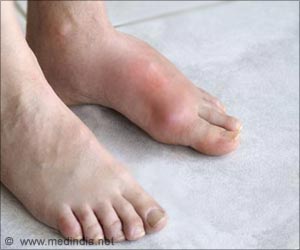
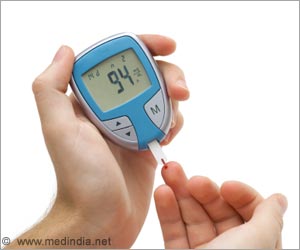
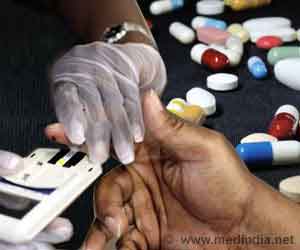

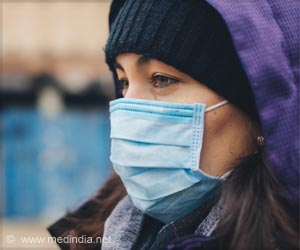
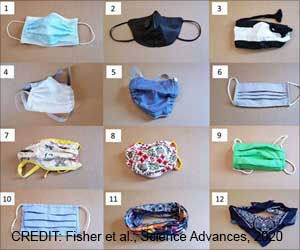

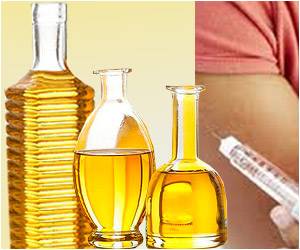





Post your Comments
sivakumar99 Tuesday, September 6, 2011
tuldha Friday, January 7, 2011
phnai Saturday, January 1, 2011
We are vaccinating with the latest French Yellow Fever vaccine called STAMARIL (Aventis Pharma) and are providing along with our prescription a WHO International Certificate of Vaccination. You need to bring your passport for the same.
GAURAVMD Saturday, July 25, 2009